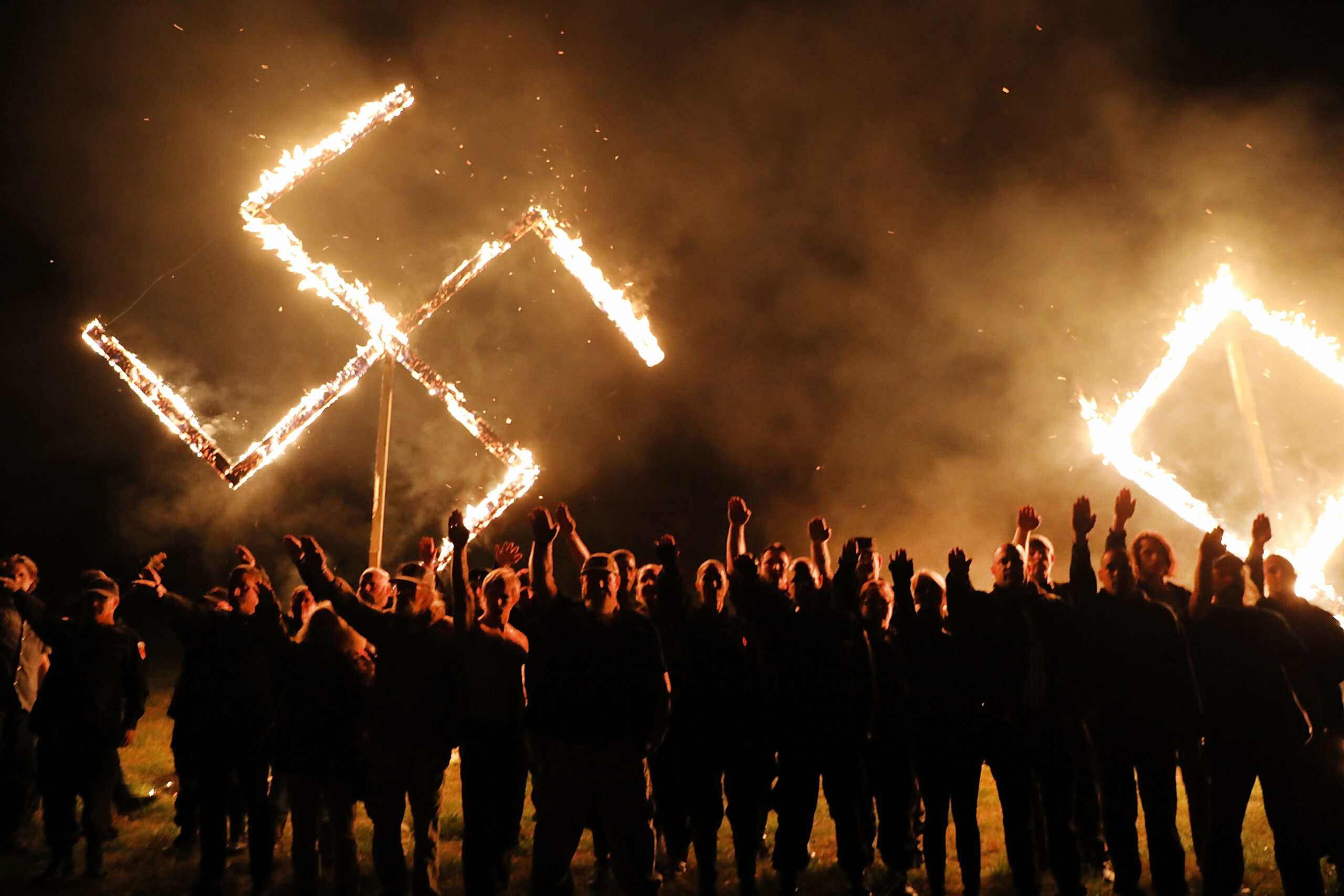We are seeing explicit incitement to violence more frequently in our monitoring of extremist forums online, with some posts setting out specific plans for attacks.
Right-wing extremists appear to have become more intent on violence in the past few months. We are seeing explicit incitement to violence more frequently in our monitoring of extremist forums online, with some posts setting out specific plans for attacks. This is a change from discussions that have typically been dominated by offensive humour, hate and ridicule, but that have tended to stop short of discussing killing people. This emerging trend applies to much of Europe and the US.

A terrorist attack against two mosques in Christchurch, New Zealand, in March seems to have inspired other extremists. That shooting led to the largest death toll of an extreme-right wing attack since 2011, and the perpetrator has been widely idolised on forums and Telegram channels that we monitor. The livestream video of that attack has played a role in amplifying its inspirational impact. We have seen posts on extremist chat forums from people detailing the effect that the livestream had on them, with one writing that it made them feel that ‘it can be done’ and that they ‘became initiated’.
There are also signs that a passage of the Christchurch attacker’s manifesto has encouraged others to consider turning to violence. In that document, the gunman explained how he was asking himself ‘why won’t somebody do something?’ but that he then asked ‘why don’t I do something’. We have seen posts from people discussing the impact that this passage has had on them. And notably, a month and a half after the incident in New Zealand, an extremist in the US carried out a shooting at a synagogue in California. In a letter posted online he referenced that section of Christchurch attacker’s manifesto and described him as ‘a catalyst for me personally’.
The removal of extremists from mainstream social media platforms also appears to have influenced the shift in the topics and tone of discussions by extremists online. Now the majority occurs on pages dedicated to the extreme-right wing, where users can post anonymously. With few, if any, other viewpoints in these discussions, participants pressure and provoke each other, pushing the discussions further to the extremes of their ideologies and of tactics for how to achieve their goals.

Image: A screenshot from an extreme-right wing video that circulated in the days following the Christchurch attack in March
The type of content that we are seeing more of includes posts with ideas for how to form a group and suggestions for tactics – at times drawing on those used by Islamist extremists. In rarer cases we have seen specific plans for attacks against particular sites, for example the central mosque in Rome as shown in the image above. The majority of posts have tended to focus on Muslims, but LGBT+ people, feminists, liberal public figures, and non-white ethnic groups are also subject to hatred and calls for violence against them.
Increasingly we are also seeing posts from the even-more extreme end of the right wing, where anti-Semitic conspiracy theories mix with white supremacism and hatred of Muslims and minorities. And with this comes clearer hostility towards multinational businesses. This is because they believe that a Jewish elite controls international corporations, the financial sector, politics, NGOs, international organisations, and the press.
While there are these signs of an increased intent among those on the extreme-right wing to engage in violence, dynamics between them are limiting their ability to organise and so pose a greater threat. Lone actors have been behind the vast majority of attacks and plots over the past few years, and attempts to form groups have had little success. We suspect that one reason for this is that the ideologies of the extreme-right wing are rooted in ridicule, mockery and hatred. And in our monitoring of their discussions online, we can see that many struggle to move beyond this culture or agree on what their ideology entails.




